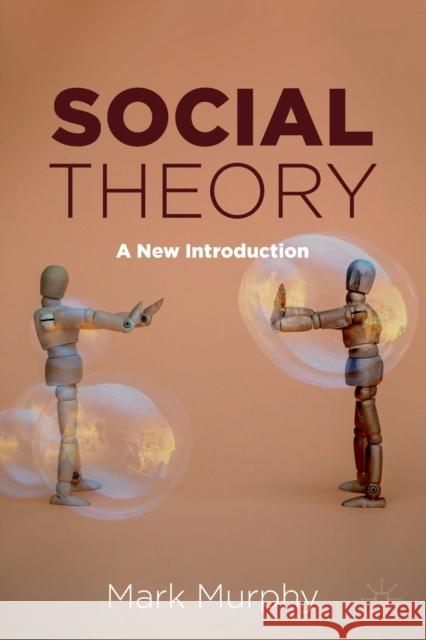Social Theory: A New Introduction » książka
topmenu
Social Theory: A New Introduction
ISBN-13: 9783030783235 / Angielski / Miękka / 2021 / 312 str.
Kategorie:
Kategorie BISAC:
Wydawca:
Palgrave MacMillan
Język:
Angielski
ISBN-13:
9783030783235
Rok wydania:
2021
Wydanie:
2021
Ilość stron:
312
Waga:
0.46 kg
Wymiary:
23.39 x 15.6 x 1.75
Oprawa:
Miękka
Wolumenów:
01
Dodatkowe informacje:
Glosariusz/słownik
Wydanie ilustrowane
Wydanie ilustrowane











